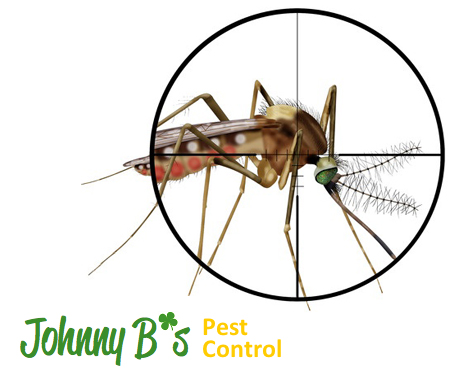Insect-related news rarely dominates the headlines, but this year, everyone is talking about the exotic and dubiously-named “murder hornets” that were recently discovered in the United States for the first time. Residents of Massachusetts, however, are probably more concerned with a far more dangerous type of airborne insect that transmits multiple diseases, one of which infected 12 residents last year, three of whom died as a result. Of course, the insect in question is the bloodsucking mosquito and eastern equine encephalitis (EEE) is the disease that experts predict will pose a significant threat to Massachusetts residents once again this year. The number of reported EEE infections that occurred in Massachusetts during 2019 is unusually high, and the 1950s was the last time that an EEE outbreak of equal magnitude took place in the state.
According to Dr. Asim Ahmed, an infectious disease specialist at Boston Children’s Hospital, EEE emerges for a two to three year period every 10 to 20 years, and when it returns, the second outbreak year is usually worse than the first. This is not good news for Massachusetts residents, as the state epidemiologist, Catherine Brown, said 2020 is likely the second year of the EEE outbreak cycle. In anticipation of a 2020 EEE outbreak, the Massachusetts state legislature recently passed a bill allowing state authorities to perform state-wide aerial spraying for mosquitoes without first having to receive approval from local governments.
The bill is designed to reduce EEE transmission rates by granting the state government autonomous authority to apply swift area-wide mosquito abatement operations as quickly as possible when a threat is detected. The bill also allows local governments in Massachusetts to perform their own area-wide mosquito abatement operations, but the state government must first approve of the alternative method of mosquito abatement proposed by local leaders. Historically, Bristol and Plymouth Counties see the highest rates of EEE infection, but this year, residents living in all areas of mainland Massachusetts are at risk of contracting both EEE and the West Nile virus from mosquito bites. Disease-carrying mosquito species are active between dusk and dawn in Massachusetts, which is obviously when applying mosquito repellent is most crucial.
Are you worried about the disease threat posed by the local mosquito population?

